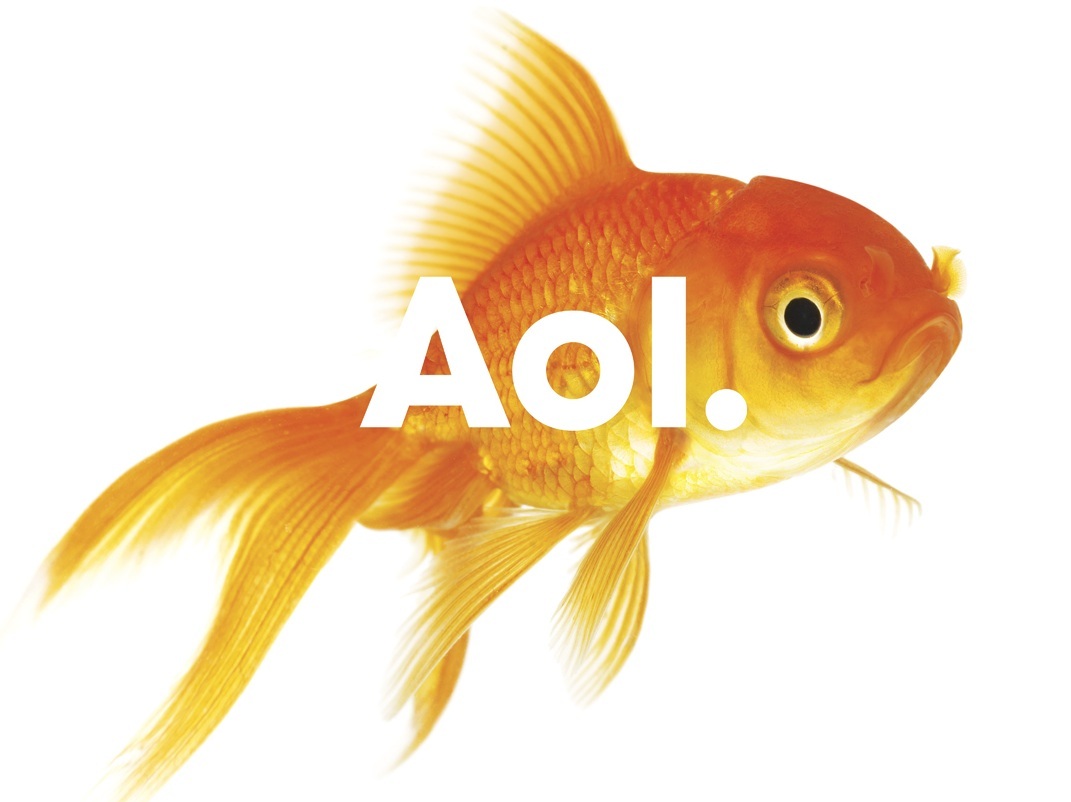Could Facebook succeed where AOL failed?
It was the world's biggest walled garden. Will history repeat?

When pundits compare Facebook to AOL, they aren't being sarcastic: the similarities between the two services are striking. For many people today, Facebook is the internet, a walled garden that contains everything and everyone you're interested in; in the 1990s, AOL had the same role.
AOL grew bigger, and more ambitious, and more controversial; Facebook, as we know, has done exactly the same. But can it avoid the same fate? The AOL of today is a shadow of its former self. Can Facebook stop history repeating? Here are some of the traps that Facebook could fall into.
1. Trying to provide content as well as pipes
AOL tried to do everything: it was an ISP, it was a social network, and it wanted to be a TV station and media empire too. That strategy reached its nadir with the Time Warner merger in 2000, a largely unsuccessful marriage that ended in late 2009.
So far Facebook has concentrated on providing just the pipes and letting other firms do the content, so for example its new apps include content from the likes of The Guardian, music from Spotify and so on. If Facebook starts buying up media companies, it's time to worry.
2. Flooding entire continents with free-trial CDs
AOL's infamous trial-CD mountains already seem impossibly dated, but the firm pre-dated browsers and broadband and had to provide software so its customers could get online.
Also, everybody had twirly moustaches, wore top hats and got around in horse-drawn carriages. Facebook, of course, grew up in the era of electricity, decent web browsers and ubiquitous flat-rate broadband, and probably doesn't even know what CDs are.
3. Horrible proprietary software
Where AOL was proprietary, Facebook is browser-based: tablet and smartphone apps are really just pretty front-ends for browser tech, and Facebook's long-term goal is to use its Project Spartan technology to keep things HTML 5 and cross-platform.
Get the best Black Friday deals direct to your inbox, plus news, reviews, and more.
Sign up to be the first to know about unmissable Black Friday deals on top tech, plus get all your favorite TechRadar content.
4. Freaking people out with behavioural targeting
Facebook's ongoing privacy controversies might be less of an issue if the firm took a leaf out of AOL's book. No, not by getting a Penguin to explain everything - AOL did that in 2008, with cartoons of Mr Penguin explaining how its ad targeting system worked - but by being proactive and offering users an opt-out from day one, which AOL did when it introduced tracking in 2007. Facebook tends to roll out the privacy invasion first and then act all surprised when everybody gets upset.
5. Charging money
By the early 2000s AOL was facing a big problem: its business depended on charging people for services (email, browsing, chat) that they could now get for free. It didn't split its online services from its ISP business until 2006, however, by which point competition was everywhere.
Facebook won't repeat that error - it's pledged to remain free, forever - but the downside is, of course, that it needs to make its money from intercepting our thoughts and following us when we go into shops.
6. Being Hotel California
AOL was the original Hotel California of the internet, a service that it seemed you could never actually leave. Amazing as it sounds, some AOL staff would deliberately ignore customers' cancellation requests, because those employees were given bonuses for retaining customers - whether those customers wanted to be retained or not. Facebook didn't do that, but for some time it was exceptionally difficult to kill a Facebook account - a state of affairs that's now been resolved.
7. Being in rubbish movies
AOL's big movie moment was 1998's You've Got Mail, essentially Sleepless in Seattle remade with extra modem bonging noises, and to some the film was one big AOL ad. You can't say that about 2010's The Social Network, which couldn't have been less of an advert if director David Fincher had called it F*** Zuck.
8. Buying the wrong firms
Successful tech firms are like teenagers with their first credit card: their signature's barely dry before they're buying everything they see. One of AOL's worst buys - and there have been many - was the social network Bebo, which it bought in 2008 for some $850 million and sold for just $10m in 2010.
So far, at least, Facebook's acquisitions have talent buys rather than enormously expensive white elephants; as Mark Zuckerberg has said, "we buy companies to get excellent people".
So is Facebook the new AOL? For all the similarities, the differences are even greater. Facebook operates in a very different world to the one that made AOL successful, and its near-billion users make AOL's US peak of 27 million users look like a very small village ISP.
However, there are still some lessons that Facebook can learn: don't buy businesses you don't know what to do with, stick to what you're good at, and try not to annoy your customers too much.
Writer, broadcaster, musician and kitchen gadget obsessive Carrie Marshall has been writing about tech since 1998, contributing sage advice and odd opinions to all kinds of magazines and websites as well as writing more than a dozen books. Her memoir, Carrie Kills A Man, is on sale now and her next book, about pop music, is out in 2025. She is the singer in Glaswegian rock band Unquiet Mind.

Ireland vs Fiji live stream: how to watch 2024 rugby union Autumn International online from anywhere

I'm a small business expert with 10 years of experience - here are my recommended Black Friday buys

The criminally underappreciated Dell G15 is my favorite Black Friday deal right now with a 20% discount at Amazon taking it under $1000
Most Popular

